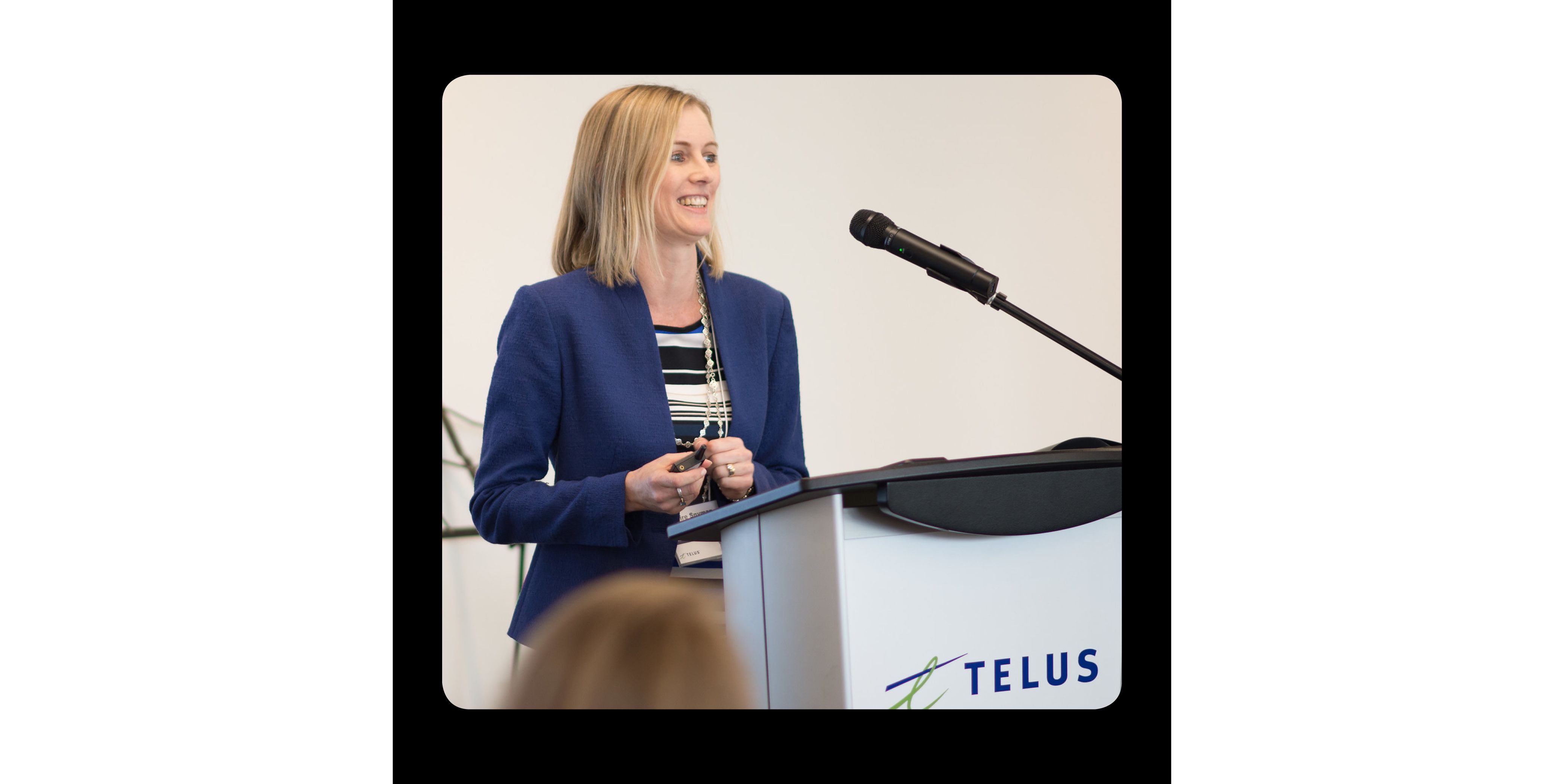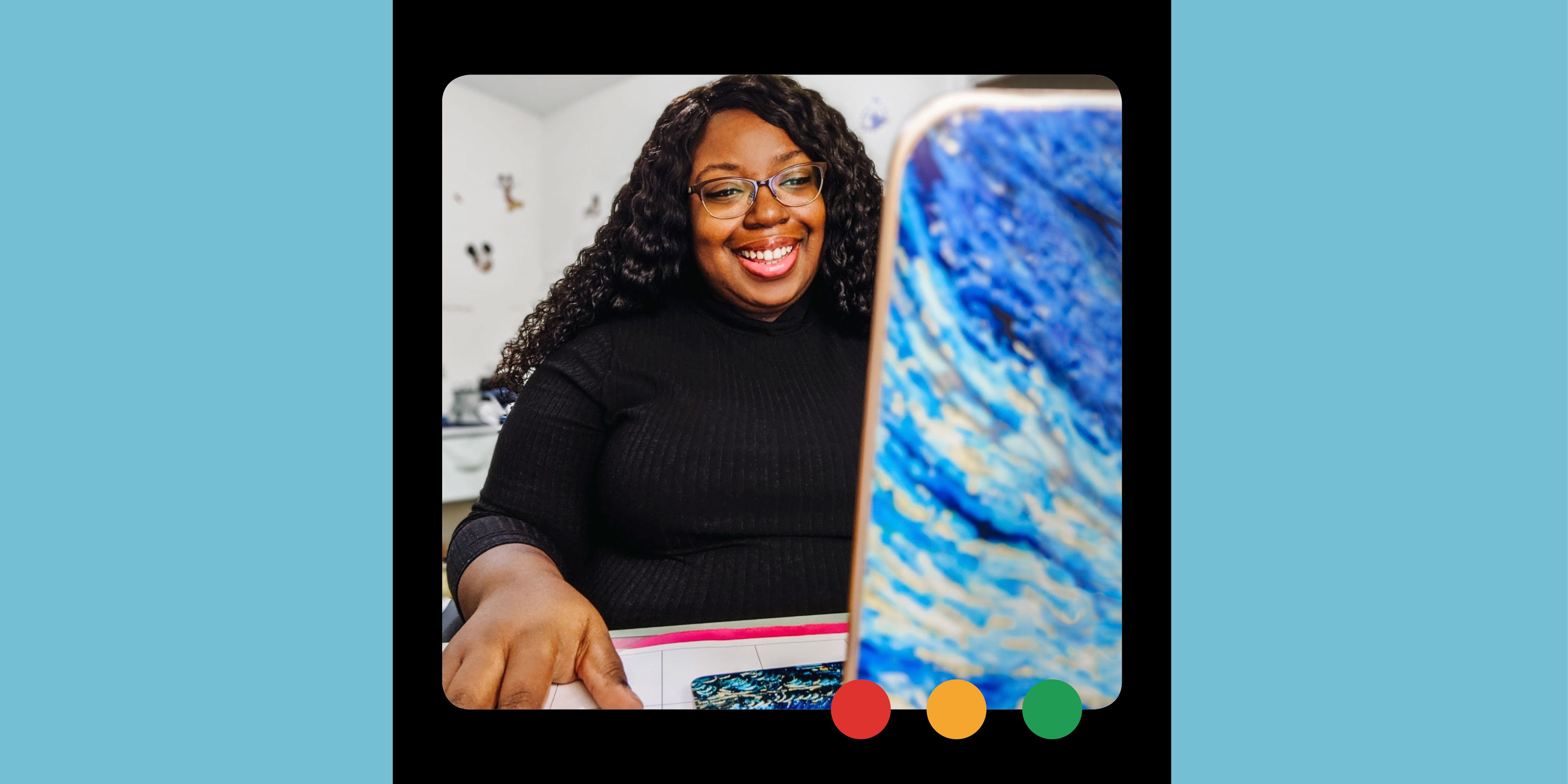Where do you go when you feel scared, confused, and lonely after a life-altering diagnosis? For many people, the answer is…online. In WH’s 2021 Owning It series, you’ll meet nine self-starters who used social media and digital tools to seek solutions and community they couldn’t find elsewhere. Barriers, broken.
I was diagnosed with a rare, nonmalignant brain tumor called a colloid cyst in 2010 in the ER. I got a five-minute consult with a neurologist and a five-minute consult with a neurosurgeon, and was told I would get further appointments to get an MRI and go over everything in more detail. So I walked out the door of the emergency room with all of these questions percolating in my mind, and I went online immediately after I came home—but there was limited information there as well. Within a day or two, though, I actually found a Facebook support group that was specifically for the type of brain tumor I had. I joined the group immediately.
My husband and I have an amazing relationship, and he has experience in a lot of things, but not in having a brain tumor. When you suddenly have all of these different questions going through your mind in the middle of the night after a life-altering diagnosis, you want to get insight from people who have also been in this situation. To be able to chat with people who had the same kind of brain tumor I had, from all over the world, at the drop of a hat, was tremendous.
I was active in that support group throughout my diagnosis and before and after my brain surgery to remove the tumor eight and a half years ago due to its growth. (Today, I don’t have to get more MRIs unless I have a resurgence of symptoms. I do still have issues with short-term and long-term memory loss and cognitive processing.)

After my surgery, I was really struggling with my recovery—sleeping up to 16 hours a day, posting notes all over the house due to short-term memory loss—and I was quite interested to find out from the people in the support group who had had surgery how they were feeling afterward. I reached out to the group to see if anyone would be interested in doing a quick survey on SurveyMonkey about their symptoms and quality of life with and without surgery.

I took the information to my neurosurgeon at Johns Hopkins, and together we redid the survey, which suggested that patients who had their colloid cysts removed had improved quality of life and less headache disability than the ones who didn’t, and it was published in a peer-reviewed journal. The participants were so excited to get more information and more knowledge about a rare condition out there, for themselves as patients and caregivers, but also to their neurologists and neurosurgeons. That’s the power of connection through online support groups.
I also wrote a book after my brain surgery—my journal—and joined Twitter as I was launching it. I found that brain tumor advocates were incredibly active on Twitter. I started to realize that my brain tumor support group had helped me through my personal journey, but I could do something with this personal journey. Now I work with health care systems and authorities as a consultant in patient experience.

This article appears in the March 2021 issue of Women’s Health. Become a WH Stronger member for a print subscription and more great perks now.
Source: Read Full Article
